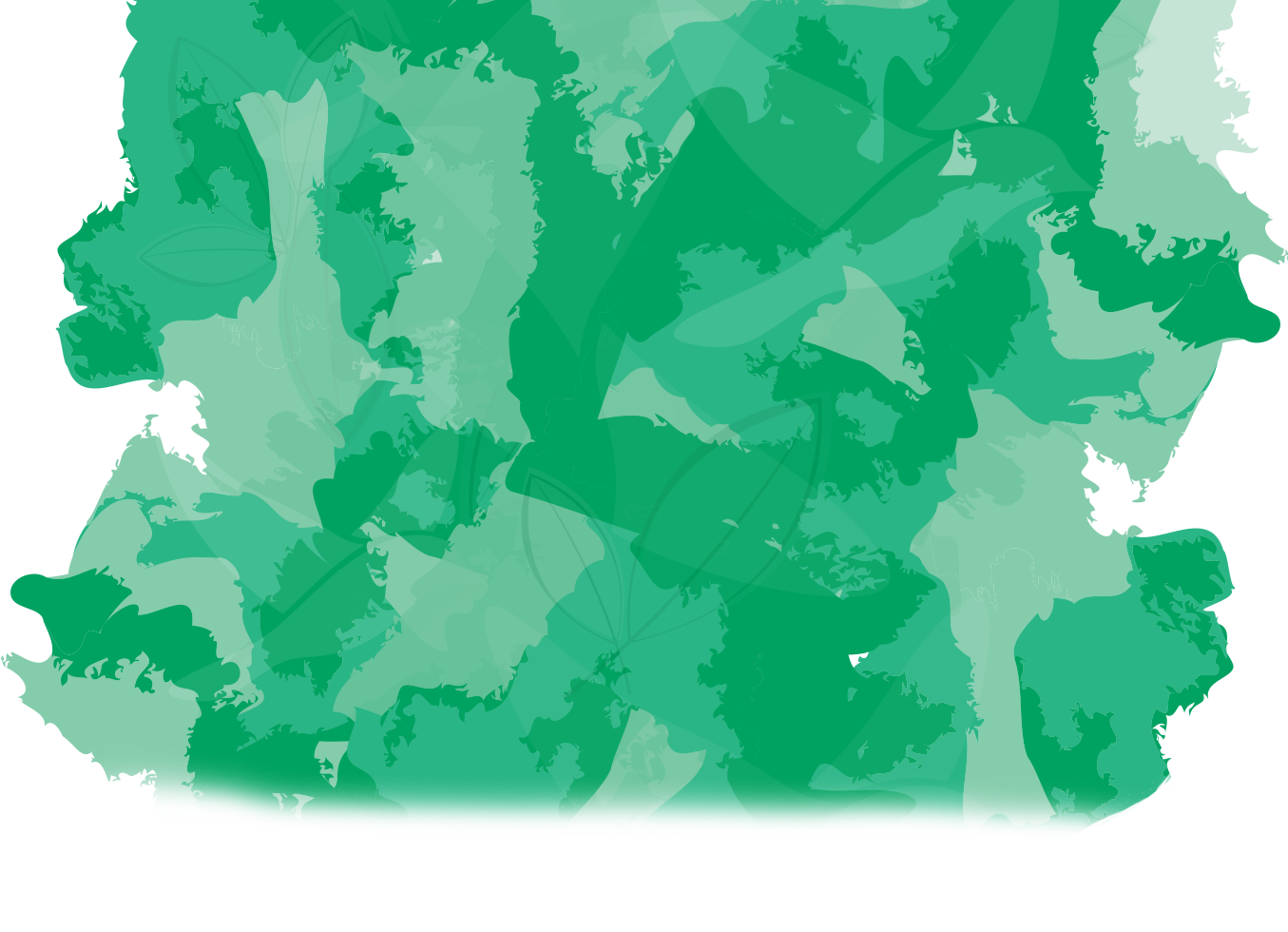GENERAL INFORMATION
Many foods for pets contain chemical preservatives. These preservatives are used to help prevent the oxidation of vitamins, to keep fats
and oils from becoming rancid and to prevent the loss of color in certain ingredients.
The most commonly used chemical preservatives are ethoxyquin, BHT and BHA. Originally, ethoxyquin was developed as a preservative for rubber and later it was used as a pesticide for apple trees. Many years ago vitamins were subject to oxidation (loss of potency) from exposure to heat, air, light and water from coming into contact with salt and minerals. Thus, these preservatives were used as anti-oxidants. Today’s technology in the manufacture of vitamins has all but eliminated those problems. Most vitamins are “coated” with starch and cellulose and are protected from oxidation, thus eliminating the need for chemical preservatives (anti-oxidants). The natural enzymes in the digestive system break down these coatings and thus release the vitamins so they can be used.
ARE CHEMICAL PRESERVATIVES HARMFUL?
There is no real definitive information that can be cited pertaining to the effects of using chemical preservatives in foods for caged birds and small animals. In 1988, the U.S. Food and Drug Administration (FDA) conducted a study on rats for 23 weeks and reported that ethoxyquin exhibited cancer-causing potential and are supposedly conducting additional experiments to determine the possible toxicity of this chemical. Of course, these types of studies take years to complete. In 1997, pet food manufacturers were notified by the FDA to reduce the levels of ethoxyquin used in dog/cat foods because of potential health hazards. While no reference was made to caged bird and small animal foods, consumers might want to consider this potential problem.
A CHOICE
While there are no hard scientific facts indicating chemical preservatives are harmful, L’Avian Plus™ believes today’s consumers, given the choice, prefer more natural products which are free of chemical preservatives.
OTHER ALTERNATIVES
By using coated (protected) vitamins, and by using cold-pressed pellets, the need for added chemical preservatives is all but eliminated. Of course, proper inventory rotation also helps. Where some type of preservative is needed, the use of mixed tocopherols (vitamin E) and citric acid (the natural acid from citrus fruits) have been shown to act as a preservative and to help prevent the formation of molds. This is a natural alternative to the use of chemical preservatives, but often requires special equipment and is more expensive.
L’AVIAN PLUS™ – FREE OF ADDED CHEMICAL PRESERVATIVES
L’Avian Plus™ made the decision to eliminate chemical preservatives from its products. Where some type of preservative is required, such as in L’Avian Plus™ Ferret Food, natural mixed tocopherols and citric acid are used. In fruit and veggie products, special human-grade (edible) ingredients are used which are low in moisture, thus helping to prevent the formation of molds. It is the goal of L’Avian Plus™ to provide pets with a more natural wholesome diet. With strict quality control and the use of more expensive ingredients, virtually dust-free products such as L’Avian Plus™ are available to consumers to provide premium natural nutrition for their pets.
